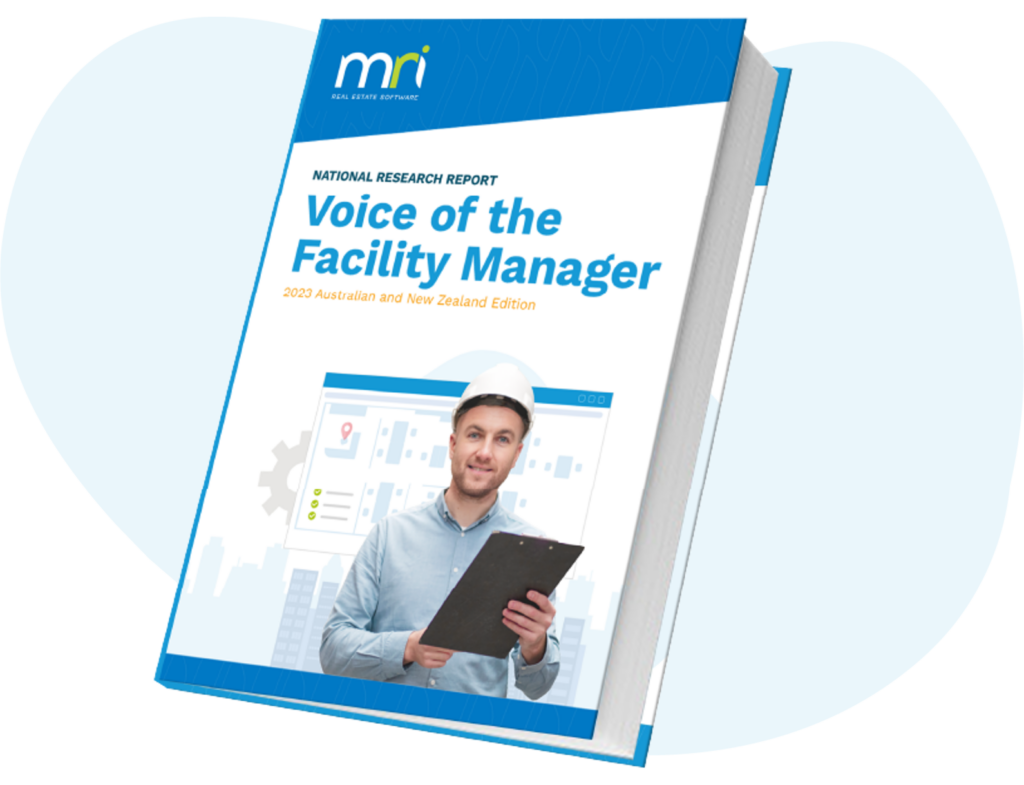The Balancing Act of Facilities Management Budgets
In the evolving landscape of Facilities Management (FM), there’s an ongoing juggle: managing a diverse estate with an effective cost management plan while ensuring operational excellence.
The heart of robust FM operations lies within the budgets. More often than not, budgets act as a barometer of an organisation’s strategic FM health. Our recent ANZ Voice of the Facilities Management report breaks down how FM budgets will change over the coming year. The following article explores these insights and takes a comparative lens on budgets against the growing list of responsibilities held by Facility Managers.
The double-edged sword that is an increase in budget and responsibilities
With economic conditions placing greater pressure on the broader business financials, our survey reveals that the FM sector is something of an outlier—exhibiting stability. A resounding 80% of budgets have maintained or increased financial momentum over the past three years. The reasons behind this buoyancy may point to the sector’s strategic role that is now intertwined with an organisation’s core values, employee retention, and productivity.

These insights align with the further report findings of expanded responsibilities, a reality for 71% of FM professionals. This increasing workload suggests a deepening of trust and recognition. Yet, as responsibility blooms, so too does the potential for burnout and the erosion of work-life balance. The average workweek of surveyed facilities members stretches to between 41 to 60 hours, considerably higher than the country’s stipulated 38-hour workweek.
Also, with expanded roles come the added pressures and complexities of managing not only increases in scope but also disruptions, unexpected repairs, and the integration of smart technologies. Despite good budget health, facility managers may feel the strain of needing their budgets to cover not only existing demands but also future-proofing operations.
Forecasting the future
Facilities management is at an inflection point, with the next horizon for the sector’s budget management moving from being primarily expenditure-oriented to a more investment-centric perspective. This transformation is underscored by the need to:
- Prioritise resources that directly enrich the employee experience and bolster wellness initiatives.
- Incorporate agile budget models that can react to market forces, legislative changes, and technological innovations. This is evident with the Federal Government recent draft legislation release in January 2024 for Climate-related financial disclosure. With the introduction of mandatory reporting expected to hit large organisations next financial year.
- Harness data analytics to make predictive financial decisions that reflect not just cost containment but return on investment.
While the financial resources allocated to the FM role are encouragingly robust, they must be complemented with innovative budgeting strategies that are as flexible and can adapt to these future forecasting needs.
The pathway forward
While there is no one-size-fits-all budget model, several foundational principles emerge that support the development of a strong FM budget framework.
- Technology, the great equaliser: Leveraging technology isn’t merely an advantage; it’s an imperative survival tool. Advanced solutions can forecast maintenance needs, optimise space utilisation, and provide real-time visibility into energy consumption—all of which contribute to greater resource efficiency.
- Adapting with agility: Financial plans must be as versatile as the environments they seek to sustain.
- Fostering innovation: A portion of the budget should be allocated to experiment with new technologies that may not offer immediate, tangible returns but hold the potential to revolutionise the future of FM.
- The human element: In striving for operational efficiency, Facility Managers must not lose sight of the impact on their most invaluable asset – their workforce.
As the FM sector continues to evolve, the narrative shaping around its financial outlays must display the same resilience, foresight, and adaptability that currently defines modern FM. Navigating the budgetary waters will always be an evergreen challenge. But with data-informed strategies, innovative thinking, and a focus on efficiency and service delivery, the sector will be well-positioned to adapt to future FM needs.
Voice of the Facility Manager Report
Download this free report and gain deeper insights into where Facility Managers stand.
Get the report
Download the full report
The Voice of the Facilities Manager: Australian and New Zealand edition includes many more insights and actionable solutions for the FM sector. I encourage you to download the full report to gain a deeper understanding of the current state of the market and how you can leverage these insights to influence change within your organisation.
Discover the key trends and challenges facing Facility Managers
Join us for an on-demand webinar that delves into the ever-changing landscape of facility management. Hosted by Heinrich Serfontein, Industry Principal FM from MRI Software and featuring a special guest speaker, Richard Fennell, Australian Head of Pr…

